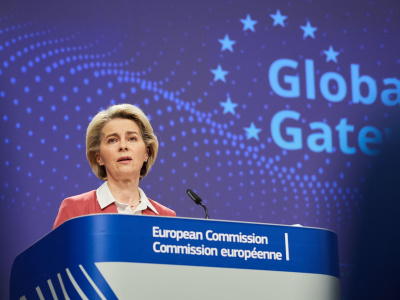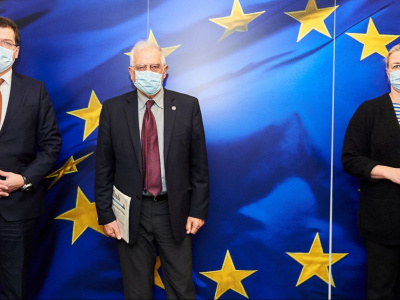
Fostering inclusiveness in a Team Europe approach
Alexei Jones looks at inclusiveness in EU development policy. He identifies bottlenecks, as well as opportunities and good practices for enhanced and more inclusive collaboration between the EU and member states.
Summary
In recent months, the ‘Team Europe’ approach has contributed to renewed political momentum for the EU and member states to work better together within and beyond the response to the COVID-19 pandemic. But when it comes to EU development cooperation, there are big differences between member states in terms of their experience and expertise, their resources and their capacity to engage. The lion’s share of EU-funded contracts are awarded to only a handful of prominent European national development agencies that have a strong ‘footprint’ in partner countries or in a given sector.
This paper analyses the concept of inclusiveness and its importance for EU development policy – both politically and operationally. Inclusiveness seeks to ensure that all interested member states – including their implementing agencies and development finance institutions – are involved in the planning and implementation of EU development cooperation activities. The concept of inclusiveness is increasingly acknowledged in EU policy and legal texts. Yet, it still faces a number of institutional and operational challenges and needs to be facilitated in practice to create a level playing field between member states. In doing so, inclusiveness should not be seen as an end in itself but primarily seek to improve the effectiveness and impact of EU development cooperation.
Our analysis suggests that there is a broad agreement between the EU and member states on the need for more inclusiveness. However, it also identifies a number of key bottlenecks and disincentives at institutional and field level which are holding down progress. There are good practices for enhanced and more inclusive collaboration between the EU and member states, as well as opportunities to do so in the context of the new programming cycle of the Neighbourhood, Development and International Cooperation Instrument (NDICI) – Global Europe, and the Team Europe Initiatives.




